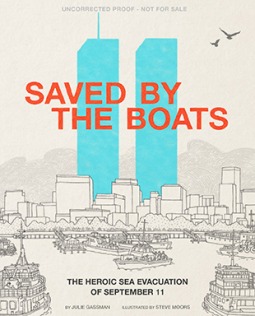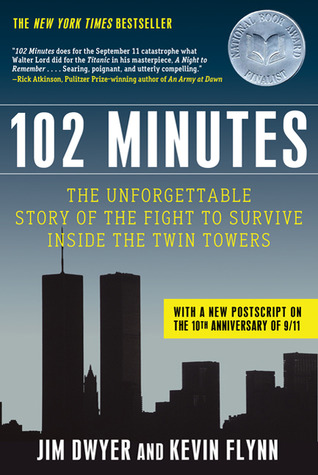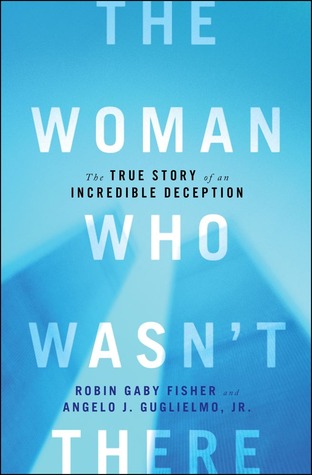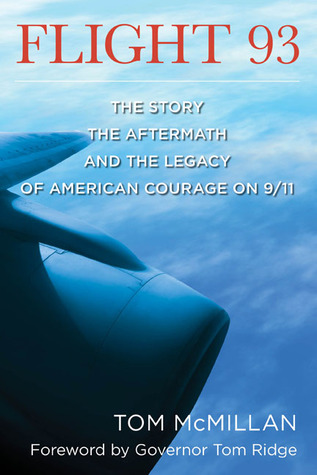I went back and forth on the idea of doing a review bomb for the paranormal ARCs I read recently, but decided it was for the best. I will still post a review for each individual book when giving feedback to NetGalley, but considering the theme, this is the best option overall. All three were provided by the publisher via NetGalley in exchange for an honest review.
For some time now I have been auto-approved by Llewellyn on NetGalley, something I love because it means never having to wait when I spy a new title full of paranormal encounters for me to read. For the most part I have been lucky to find good quality texts about paranormal experiences. Unfortunately it was more of a mixed bag this time around, but I still found stories of interest in each of the following books.
 2 Stars
2 Stars
This one could have been so much better than it was, especially when one considers the plethora of information available on WWII. Give the line of thinking that paranormal activity occurs in part at least due to some kind of traumatic event in a place and time, it makes complete sense that all of Europe is basically one giant haunted house. we are talking serious trauma here, something everyone can agree on, even if we don't all agree on the existence of ghosts, spirits, whatever you call them.
The author's name was familiar to me and it was only after I had finished reading that connected it to another paranormal book I read in the last few months concerning haunted colleges and universities. I did not much care for that one either, but for different reasons. I felt with the previous book, there was little evidence offered in the way of why a certain campus building might be haunted. Here we are provided more of information in that way, but not necessarily through the author's own thorough research. Instead, many of the hauntings recounted here, especially in the beginning, seemed simply culled from websites with forums dedicated to people sharing their paranormal experiences in the context of WWII sites. That kind of research is easy. I would much prefer reading about an author who does the investigation for him or herself, or at least speaks to witnesses firsthand. Literally anyone can go onto any website and copy the information, slap a cover on it, and call it a book. Done deal, with hardly a sweat broken. This was too often the case here, and the primary reason I can not rate the book any higher. Time and again, stories were taken from various websites and I found myself quickly tiring of the impersonal nature of the book.
It was not ALL bad though, and I did find some stories of interest. One such section involved details of haunted places in Hawaii, and not only Pearl Harbor. The author discusses Hickam Air Force Base. When people think of December 7th, 1941, Pearl Harbor and the USS Arizona immediately spring to mind. Yet there were either sites also targeted that day and Hickam was one of them, where an estimated 200 people died that morning, as well as Schofield Barracks, situated closely to Wheeler Army Airfield, all sites I was lucky enough to visit with my grandma back in June, 2010. I only wish I had known then about these ghostly events so I could have been on the lookout myself.
At this time I can only say I would recommend this one with hesitation. Far too much reliance on website material.
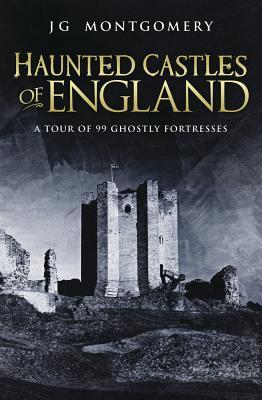 3 Stars
3 Stars
As you might have guessed from the previous book, one thing I value very highly is personal experience when writing about paranormal activity. I find it suspect when an author has little to no investigation experience of their own. I prize most highly books written by investigators of their own experience as they chase down one ghostly lead after another.
One thing I most appreciated about this book is that each castle was accompanied by a link to its official website. The reader is often treated to the history of the castle itself before even moving into the ghost bits, which I also think is hugely important. That background information is so crucial, not only for readers and would-be investigators to come to their own conclusions, but to set the stage for the stories themselves. A good many of these places I would not like to be alone in after dark, but the history nerd in me would loved to traipse the grounds of every single location in the daylight.
The author starts in the only truly logical place on this journey, the Tower of London. In fact, he states from the beginning, "No ghost book would be complete without at least a reference to the Tower of London, given that it is reputedly the most haunted building in England, if not the entire world" (8%). This should come as no surprise, given the history of the place. Some history buffs might find it interesting to learn that very few executions actually took place within the Tower itself, while the majority were carried out on the nearby Tower Hill. Yet for some, notably Anne Boleyn, Margaret Pole, Katherine Howard, and Jane Boleyn (also Jane Grey, though her death warrant came from Mary I, not Henry VIII), they were offered the somewhat private execution at Tower Green. How nice of Henry.
For the most part I feel like the author did an adequate job in giving some kind of back story. I sometimes find myself bored by all the stories of the Gray Lady or the White Lady. I am of the opinion that, if you have literally no source material or any idea as to who the person might be, they're best left out of the story. There were a few such ladies in this one, but not nearly as many as I have seen in other similar texts.
Aside from the paranormal experiences, I appreciated the historical material as well. The author knows his stuff and was able to provide enough information about each place in order to show its importance. He used his own experiences as evidence often, which I feel is a must for these kinds of books. I recommend this one for those like me who enjoy or good ghostly tale.
 4 Stars
4 Stars
This is now the third Estep book I have read, and I have several more of his titles patiently waiting on my TBR. My favorite of his so far is a title I reviewed a few months back about a haunted medieval prison that had been converted into a living space - a building you could not pay me to go into even on the brightest of sunshine-y days. It was truly one of the spookier paranormal books I have read and I enjoyed it so much because it was so in-depth. Estep was there several days investigating, then wrote about those experiences. Here in Trail of Terror we find exactly the same methodology. Estep writes about the haunted places we find in his books because he HAS BEEN THERE. He has conducted the investigations himself, with a varying number of team members, and I find his work gets better and better as I read more and more. he has had quite a few strange, or downright scary encounters, and I know he will always weave a good story.
I also appreciate his necessary habit of knowing when to call something paranormal, and when to simply say, "We don't know". Debunking is as important to any paranormal investigation as any other part of the process, and something that sometimes gets overlooked when investigators are so anxious to show off their evidence. I appreciate his dismissal of anything that is not a solid clue, and the thoroughness of his investigations. I also appreciate the fact that he provides background for each of the places he visits, as well as the haunted history. He explains carefully why he uses certain equipment in certain places, and even what he is hoping to find. I would love to explore so many of the places he has been.
There is one quote in particular that I would like to touch on, which I found especially thought-provoking. Too often we assume something is demonic because of the rage that might accompany the spirit. The quote is rather long, but please bear with me, as I think it is important enough to recall the majority of it here. Of this topic Estep says:
"I do not believe that all 'dark hauntings' are necessarily demonic or inhuman in nature. If we accept the possibility that our spirit may survive bodily death and transition into some form of afterlife - one in which is may still interact with the living in various ways - then it would also seem quite logical to me that our personality would remain mostly unchanged too...we do not instantly become all-knowing, all-seeing, and practically angelic in behavior when we die and leave the body, but rather we retain the same quirks, behavioral characteristics, and essentially the same mental state as we had when our heart was still beating. Imagine yourself being invisible, intangible, and above all unable to communicate with those loved ones you have lost...Imagine the sheer frustration of finding your circumstances so dramatically changed, and not necessarily for the better. Would you be sad? Bitter? Angry? Enraged?" (67%)
To me, a very sensible train of thought. That's not to say there are no demonic and/or inhuman haunts. It simply means that not everything that is pissed off and mean is a demon.
I highly recommend this one (and Spirits of the Cage, another top-notch investigation with some really amazing and terrifying encounters!)











